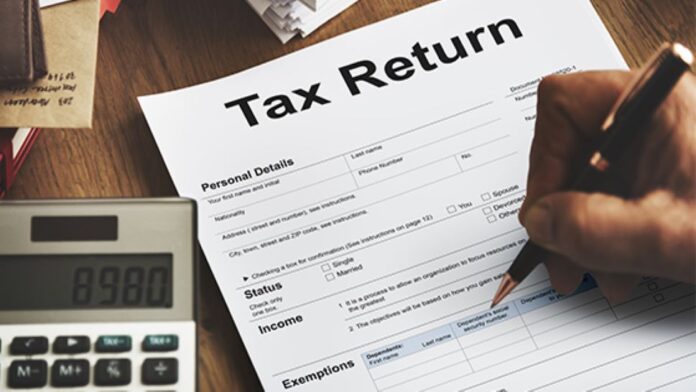Benefits of ITR Filing: Most of the people in the country feel that Income Tax Return (ITR) should be filed by those who pay tax. This means those whose salary is as per the tax slab. Whereas it is not so. Even if your salary is less, you should still file a return. Let us know its benefits in this article.
Benefits of ITR Filing: Filing Income Tax Return (ITR) is not only the responsibility of taxpayers, but those persons should also file ITR whose salary is not as much as the prescribed tax slab. Let us tell you that this type of return file is called Zero ITR or Nil ITR. The person whose annual income is not as much as taxable, he files Nil ITR. Filing Zero Return is not mandatory, but if you file it then you will get a lot of benefits. Let us tell you that the last date for filing income tax return is 31 July 2024 (Wednesday). In such a situation, let us know about the benefits of zero return.
1. It Acts as a Legal Document
Income Tax Return holds immense legal value. It is recorded with the government. It acts as legal proof in two ways,
a. Identity Proof
The return that you fill can be used as identity proof in various scenarios such as while applying for an AADHAR card, or any other document. The government accepts it as a proof of address as well.
b. Income Proof
As discussed, the ITR form contains a detailed list of all your incomes and expenses. On this basis, the tax you have to file is calculated.
Thus, ITR can also be used as income proof as some transactions such as the purchase of property do require you to show proof of income.
This can come in handy for the ones who are self-employed and don’t receive Form 16 .
2. Can help you Claim Deductions
To reduce the burden on the taxpayers and to encourage more people to pay their taxes, the government allows certain deductions to you.
a) These deductions and exemptions can be availed in some investments and thus help in reducing the tax you ultimately pay.
b) TDS and rebates can also be claimed back.
But to have access to these tax benefits, you are required to file an income tax return. If you have not filed ITR you cannot claim deductions as well.
3. Important Document While Applying for Loans
When you decide to apply for a loan to purchase something, say a car or a new home for your family or for business, the bank requires you to submit some documents such as
a) Aadhar card
b) PAN card
c) Driver’s license
d) Photo ID etc
One important document asked is your income proof. Banks generally asked for ITR for the last three years. This is done to assess your past and current financial situation and whether you will be able to pay the loan or not.
Not only while applying for loans from the bank, but ITR can also be useful to get you a credit card as well. Credit card companies also ask for your past salary and returns before issuing you the card.
4. Helps if Planning to go Abroad
Going abroad involves some procedures to be followed. If you do not file your ITR, then it can deter your plans to go abroad. ITR form is one item in the list of the documents that are required by the countries that you want to visit.
This is because of the following:
a. Having a history of filing income tax returns helps your case and improves your chances of getting visa approval.
b. It gives details about your financial situation to the embassy.
5. Avoid Penalty and Punishment
The taxes that apply to you are governed by the Income Tax Act 1961. Thus, you are required to pay taxes if you fall above the exempt criteria.
So, if you are eligible to pay taxes on your income and yet still fail to file your Income Tax Returns, then you attract charges
The income tax officer can levy a penalty of up to Rs 5000 Rs. Other serious punishments can also occur if you do not file returns.
Thus, you should file ITR to be safe from such penalties and punishments.
6. Losses can be Carried Forward
Section 70 and 71 of The Income-tax Act 1961 contains some provisions for carrying forwarding losses of a particular year to the subsequent year. This means that you can move your loss to the next assessment year.


